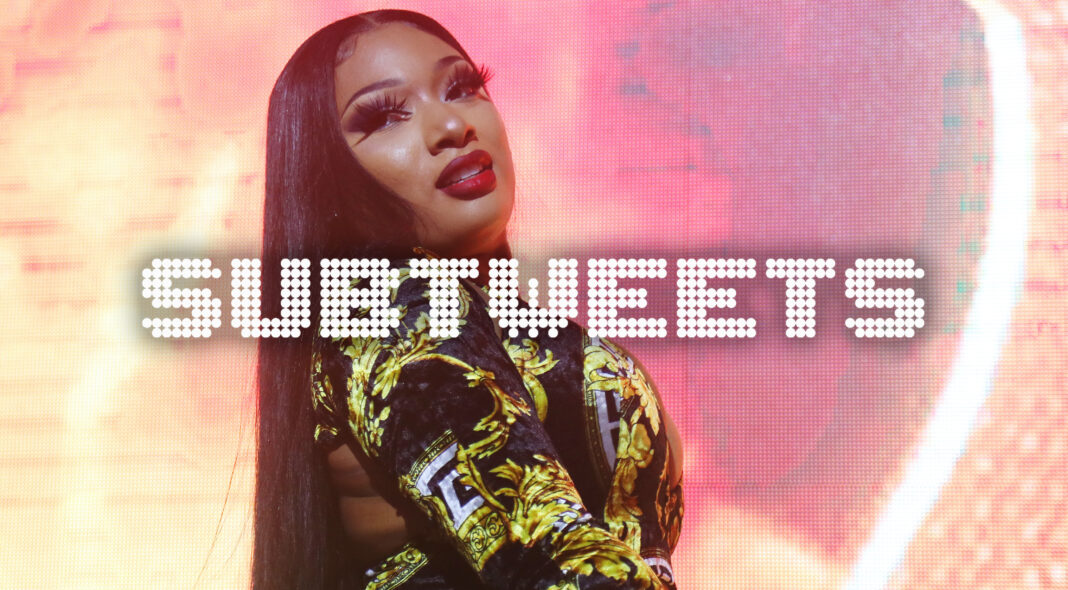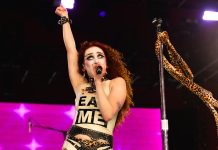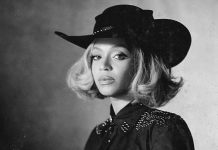What makes a meme? In definition, a meme is a mode of image-based communication usually used for humour, to evoke a sense of familiarity and shared pop-cultural reference amongst those who receive and understand it. Memes have become a key method of millennial communication, and Music Twitter is full of them – Cardi B waggling her manicured nails, Drake stepping out of his seat at the ball game to applaud, Jay-Z peeping round the bedroom door in a ‘yikes’ moment.
An adoption of stan and meme language has become natural to how so many of us talk. Pizza for dinner? “We love to see it”. Your favourite TV contestant getting kicked out too early? “I just wanna talk”. Breonna Taylor’s killers finally being investigated? “This is my favourite episode’’. But do all of those reactions feel equally appropriate? Or does one in particular run the risk of taking an incredibly serious issue and trivialising it to the point that our personal like-gratification becomes more important than the message itself?
As the world was reminded of the very-real impact of police brutality earlier this year, it was painfully clear that the plight of Breonna Taylor, murdered by two white officers on an unfounded no-knock search warrant as she laid unarmed in her bedroom, wasn’t raising quite the same level of anger as the case of George Floyd, filmed begging for his final breaths out in the street. Whether this says more about societal sexism or our tendency to react more strongly to what we can physically see, Breonna’s case has stayed in the news mainly as a result of languid attempts to support her cause through stylised graphics made to suit the poster’s personal brand.
We were reminded once more about the threat against Black women last week, when music’s very own Megan Thee Stallion was taken to hospital for the removal of bullets from her foot, reportedly shot as she tried to exit a vehicle. While Megan is thankfully alive and in recovery, both women’s stories are similar not only in the senseless violence perpetrated, but in the way their stories quickly became the fodder of memes – “Share Breonna Taylor if you want clear skin”, “Shoot Meg, get cancelled”.
In the case of Internet culture, the argument surrounding issue trivialisation goes both ways. Many have argued that inserting Megan Thee Stallion and Breonna Taylor into the popular memes of the moment is a clever way of infiltrating the conversation, to force those who’d normally scroll past political posts to confront core issues. It’s a method that in the words of journalism professor, Allissa Roichards, “tricks the algorithm” into sharing topics that might otherwise be suppressed.
But even when the intention is good, there’s still a sense of trivialisation towards Black women’s suffering that feels particularly galling. How much comfort would it really bring to Breonna Taylor’s family to see her tragic story superimposed over illustrations of houseplants or inserted as a step in a bogus recipe? In the case of Megan Thee Stallion, jokes as to whether or not she was having a “shot girl summer”, or superimposing pictures of arrested suspect Tory Lanez with a gun pointing at Megan were even more explicit in their dismissal of the issue’s seriousness, rendering gun violence as something that could be argued away through victim blaming and ‘par-for-the-course’ expectations of hip-hop.
Tired of watching her trauma become the butt of an online joke, Megan posted a plea for space on her Instagram. “Black women are so unprotected & we hold so many things in to protect the feelings of others w/o considering our own. It might be funny to y’all on the internet and just another messy topic for you to talk about but this is my real life and I’m real life hurt and traumatized.”
No matter the event or victim, a portion of the Internet will always resort to sick joke-making as a means of processing or dismissal – this is nothing new. But in the words of Malcolm X, “the most neglected figure in America is the Black Woman”. It’s difficult to imagine a male rapper asking for peace after such a violent incident being treated with such dismissal, or a white woman’s death not producing much greater incandescent rage than Breonna Taylor’s. When even 50 Cent, supposedly a hip-hop contemporary of Megan’s, is photoshopping your face over somebody running away from a shooting, how are you supposed to feel valued and respected in your community?
The attention that we are paying to instances of violence against Black women is important – these conversations need to stay visible. But Black women’s lives are not the punchline accompaniment to our popcorn sessions. Taken even further, there’s a larger discussion to be had about the way in which many of these memes relate back to the idea of digital blackface – adopting heightened Black stereotypes to demonstrate ‘sassy’ humour, a fetishisation of ‘ghetto’ culture than can be seen in everything from clips of The Real Housewives to the endlessly popular “hide your kids, hide your wife” meme that takes a situation hideously out of context in the name of a cheap joke.
Like all internet discourse, the topic is much larger than one article can tackle. There is no one way to police who gets access to certain language and who doesn’t. But perhaps there are some topics that simply don’t need a meme. In the case of both Breonna Taylor and Megan Thee Stallion, I suspect that the facts might be just as powerful on their own.







